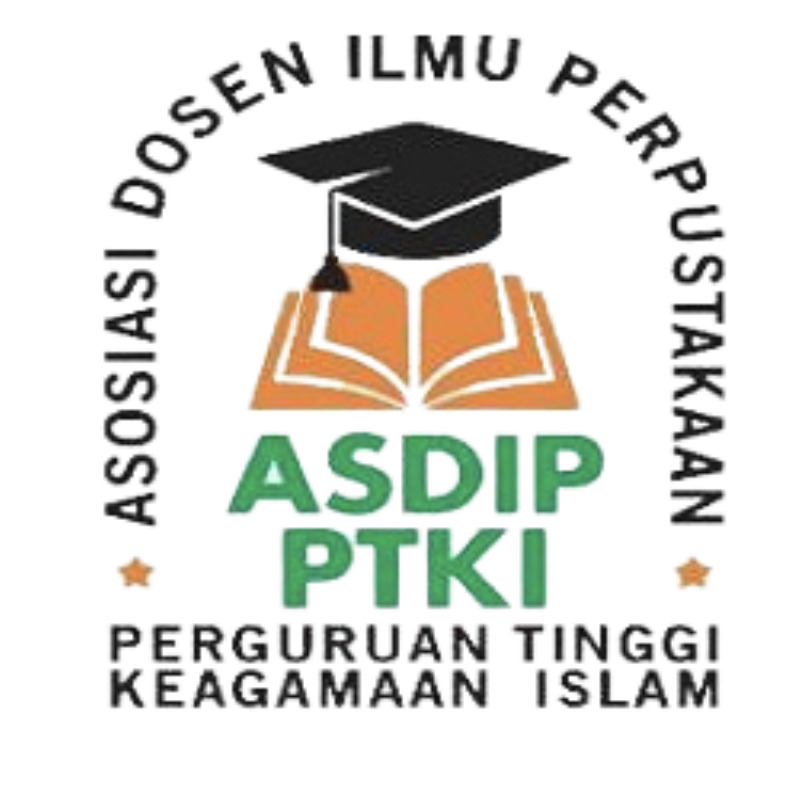Digitalisasi Perpustakaan Institut Agama Islam Negeri Madura Sebagai Upaya Pemenuhan Layanan Pemustaka Sejak Pandemi COVID-19
DOI:
https://doi.org/10.29240/tik.v6i2.4458Keywords:
Digital Library, User Service, Covid-19 PandemicAbstract
This paper describes efforts to digitize various library services at IAIN Madura in fulfilling user services during a pandemic. The surge in Covid-19 resulted in less-than-optimal library services, even to the point of temporarily closing face-to-face services. This, of course, requires the library to make a variation so that the service remains optimal during a pandemic. One of them is maximizing digital services which are very urgent to be carried out quickly and precisely, so that users can still get library services. This issue was raised, namely how the Madura IAIN library is able to provide digital services to fulfill user services since the Covid-19 pandemic. This research was conducted using qualitative methods with data collection techniques by observation and interviews. The data analysis was carried out descriptively and interpretively based on the latest digital services as well as digital services that are experiencing the process of developing digital library applications at IAIN Madura. The results of this research are the latest digital-based library services and the development of digital applications to serve users since the Covid-19 pandemic. The newest digital library service at IAIN Madura is a digital self-lending service. Meanwhile, digital services that are undergoing application development include e-book, repository, and e-theses services. As for efforts to fulfill user services through library digitization, namely consolidating information technology (IT) teams, developing application programs, and adding library application programs to the IAIN Madura. All of these digital services are very important to be accessible and enjoyed by users during the pandemic and after the Covid-19 pandemic. This is because users still get maximum service with these digital services.
Downloads
References
Andayani, S. (2018). Penerapan Electronic Theses dan Dissertations (ETD) di Perpustakaan Universitas Syiah Kuala. Khizanah Al-Hikmah : Jurnal Ilmu Perpustakaan, Informasi, Dan Kearsipan, 6(1), 20–25. https://doi.org/10.24252/kah.v6i1a3
Aulawi, M. B. (2021). Pemanfaatan Layanan E Book Oleh Pemustaka di Perpustakaan IAIN Kediri. Dirasah : Jurnal Studi Ilmu Dan Manajemen Pendidikan Islam, 4(1), 134–144. https://doi.org/10.29062/dirasah.v4i1.189
Devi, K. S. (2021). Kajian Literatur : Implementasi Perpustakaan Digital di Perguruan Tinggi. Jurnal El Pustaka, 02(02), 1–16. https://doi.org/10.24042/el-pustaka.v2i2.10441
Ernawati. (2018). Perpustakaan Digital dalam Temu Kembali Informasi dengan OPAC. JIPI (Jurnal Ilmu Perpustakaan Dan Informasi), 3(1), 103–120. https://doi.org/10.30829/jipi.v3i1.1604
Hanum, F. (2017). Psikologi Layanan Terhadap Pemustaka dan Kualitas Layanan Prima. IQRA’: Jurnal Perpustakaan dan Informasi, 11(01), 111. https://doi.org/10.30829/iqra.v11i01.796
Hartono. (2017). Manajemen Sistem Informasi Perpustakaan: Konsep, Teori dan Implementasi. Yogyakarta: Gava Media.
Hijrih, F. (2016). Peningkatan Layanan Koleksi Digital Institutional Repository (IR) dengan EPRINTS di Perpustakaan UIN Sunan Kalijaga. Pustakaloka; Jurnal Kajian Informasi Dan Perpustakaan
Downloads
Published
Issue
Section
Citation Check
License
Authors who publish with Tik Ilmeu : Jurnal Ilmu Perpustakaan dan Informasi agree to the following terms:
- Authors retain copyright and grant the journal right of first publication with the work simultaneously licensed under a Creative Commons Attribution-NonCommercial-ShareAlike 4.0 International License (CC BY-NC-SA 4.0) that allows others to share the work with an acknowledgment of the work's authorship and initial publication in this journal.
- Authors are able to enter into separate, additional contractual arrangements for the non-exclusive distribution of the journal's published version of the work (e.g., post it to an institutional repository or publish it in a book), with an acknowledgment of its initial publication in this journal.
- Authors are permitted and encouraged to post their work online (e.g., in institutional repositories or on their website) prior to and during the submission process, as it can lead to productive exchanges, as well as earlier and greater citation of published work (See The Effect of Open Access).







 This work is licensed under a
This work is licensed under a 